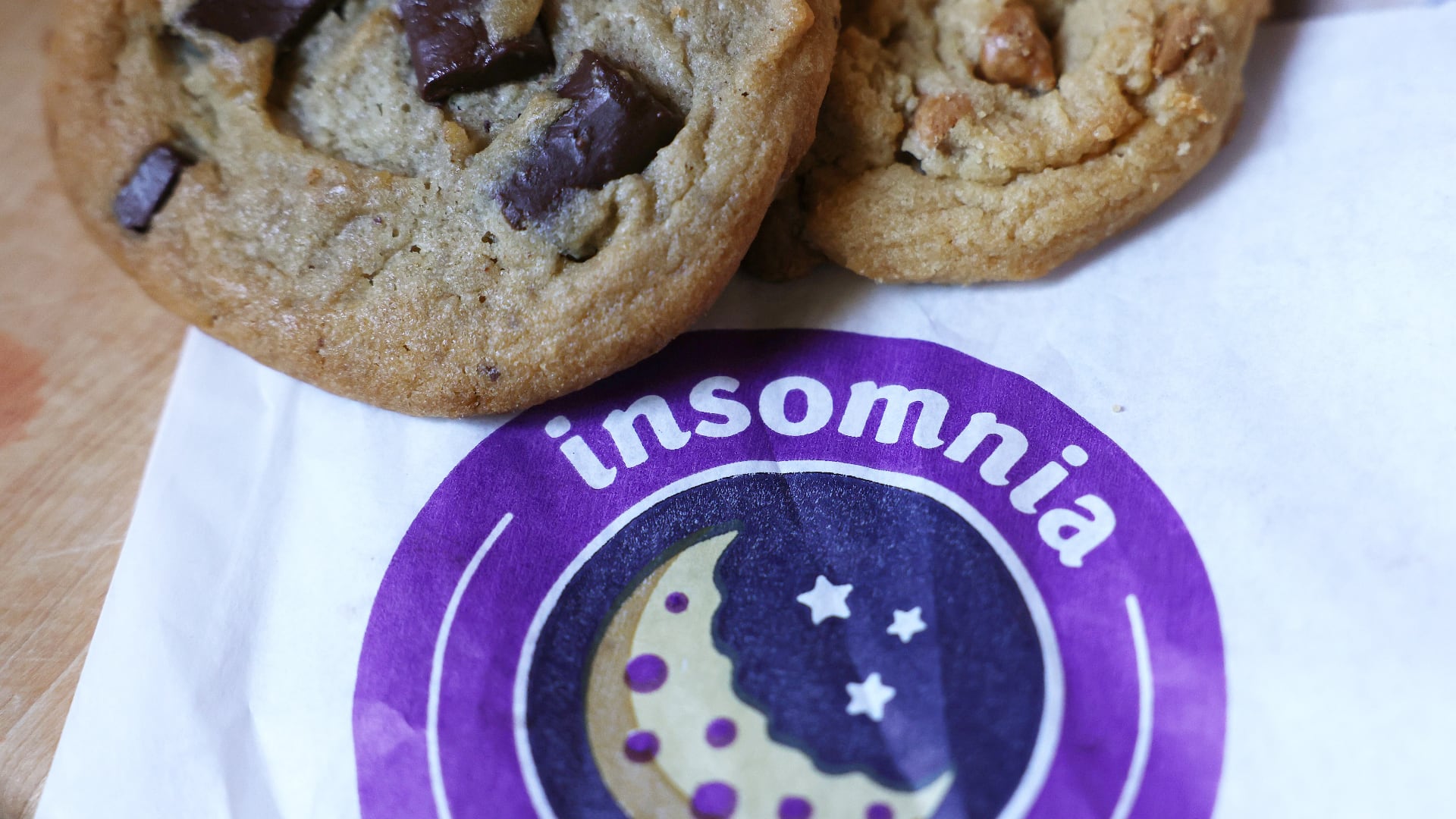Oatly, the popular plant-based milk alternative, wasted no time diving into its 2020 goal to increase retail distribution by announcing a partnership with Starbucks that will allow the coffee chain to offer new non-dairy option for its Midwest locations.
It's been more than 20 years since Starbucks introduced its soy latte option, just as plant-based milks were beginning to gain popularity. The regional launch will offer Oatly as an alternative to traditional daily in 1,300 Midwest locations and will be featured in Starbucks' new Oatmilk Honey Latte.
Oatly quickly gained popularity after the Swedish company made its way to the U.S. in 2017. "We started in specialty coffee, introducing oat milk and Oatly to Americans through their morning latte," Mike Messersmith, U.S. general manager, told Cheddar. Starbucks has offered the option in locations across Europe since 2018 and Starbucks Reserve locations since 2019.
In 2018, Oatly became so popular that it could not keep up with its consumers' demands and was plagued with a supply crisis. However, Messersmith says Oatly is doing better than ever with the opening of its New Jersey factory and the building of a second factory. "Since that opened in May we've really been able to increase our output and capacity significantly," Messersmith said.
As climate change remains a public concern, the GM says Oatly offers consumers an option to help the environment. "A carton of Oatly versus an equivalent volume of whole cow's milk, roughly 65 percent less carbon impact, went into making our product versus theirs," Messersmith said.
The booming popularity of Oatly in the U.S. seems only to be increasing along with the number of people transitioning to a meat and dairy-free diet. Messersmith says offering Oatly in a consumer's morning coffee is a great first step into more plant-based eating.
"With people making transitions to plant-based diets, you want to have that first really positive experience," Messersmith said.












